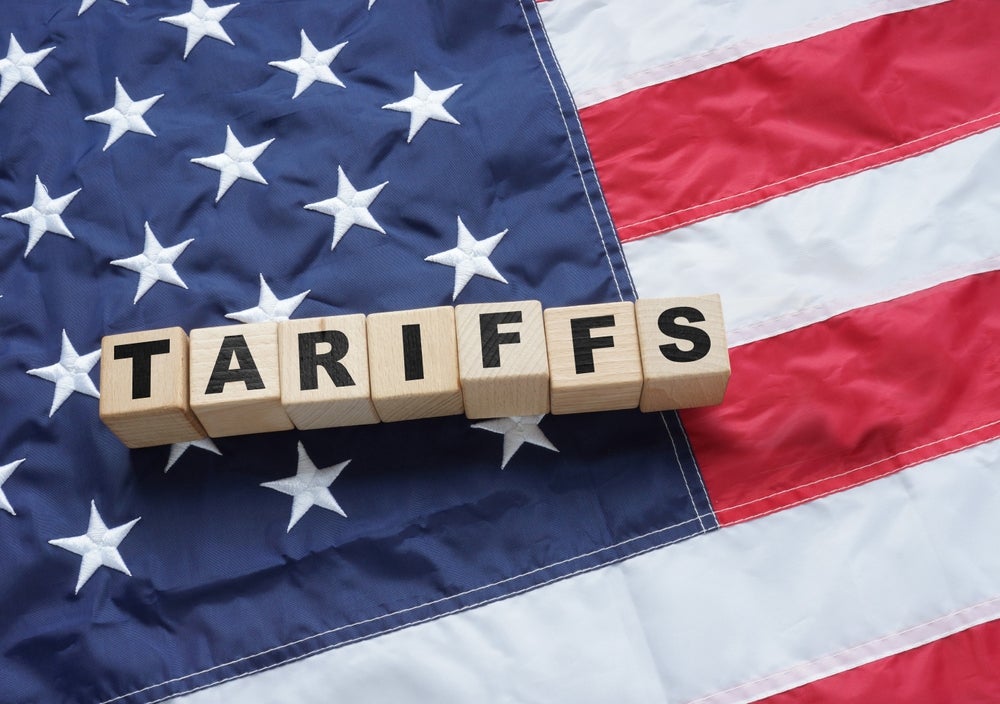The recent reciprocal tariff blows on imported goods between the US and China has precipitated a substantial devaluation of Apple’s market capitalisation, amounting to a $775bn loss (and counting) in the week since the 2 April 2025 announcement.
US President Donald Trump gave a tariff reprieve to smartphones, laptops, processors, displays, and memory chips just ten days later. However, the Trump administration downplayed the exemptions, saying that the entire consumer electronics supply chain will be reassessed during a government investigation into semiconductors, which are expected to face tariffs soon.
Tariff driven price rises for consumers
If the administration levies long-term tariffs, a wide array of consumer electronics OEMs will be impacted. This will result in increased device costs for consumers as companies pass on the additional expenses. Apple’s substantial loss in market value serves as a stark indicator of the immediate repercussions. The expansion of manufacturing bases outside the US, previously a strategic move to optimise cost and efficiency, has now exposed these companies to significant levies.
The electronics sector, encompassing smartphones, PCs, and data center equipment, represents a significant portion of US imports. Nearly $486bn worth of electronic goods were imported in 2024, according to the US Census Bureau.
Slow down of innovation
Despite semiconductors being initially exempt from recent tariff impositions, there is an impending risk of targeted tariffs on chips, as indicated by the Trump administration. The cost of data centre infrastructure and AI chips is expected to rise, undermining the profit margins and operational efficiencies of companies such as Microsoft, Google, and Amazon, in addition to Apple, which will slow down innovation and R&D in AI.
In the short term, consumers might accelerate their purchases to acquire devices before the imposition of tariffs. Consequently, companies could witness a surge in profits in the near term. However, the eventual increased costs will result in a slowdown in device upgrades and further lengthen smartphone upgrade cycles in the long term. This will impact the overall sales volume, revenues, and profits for manufacturers and telcos.

US Tariffs are shifting - will you react or anticipate?
Don’t let policy changes catch you off guard. Stay proactive with real-time data and expert analysis.
By GlobalDataCompanies should provide clear guidance to investors in their earnings reports regarding the anticipated impact of increased import duties on customer churn and the company’s financial health. Businesses will need to reassess their entire supply chains, particularly in areas such as chip fabrication and cloud infrastructure, which will take years.








